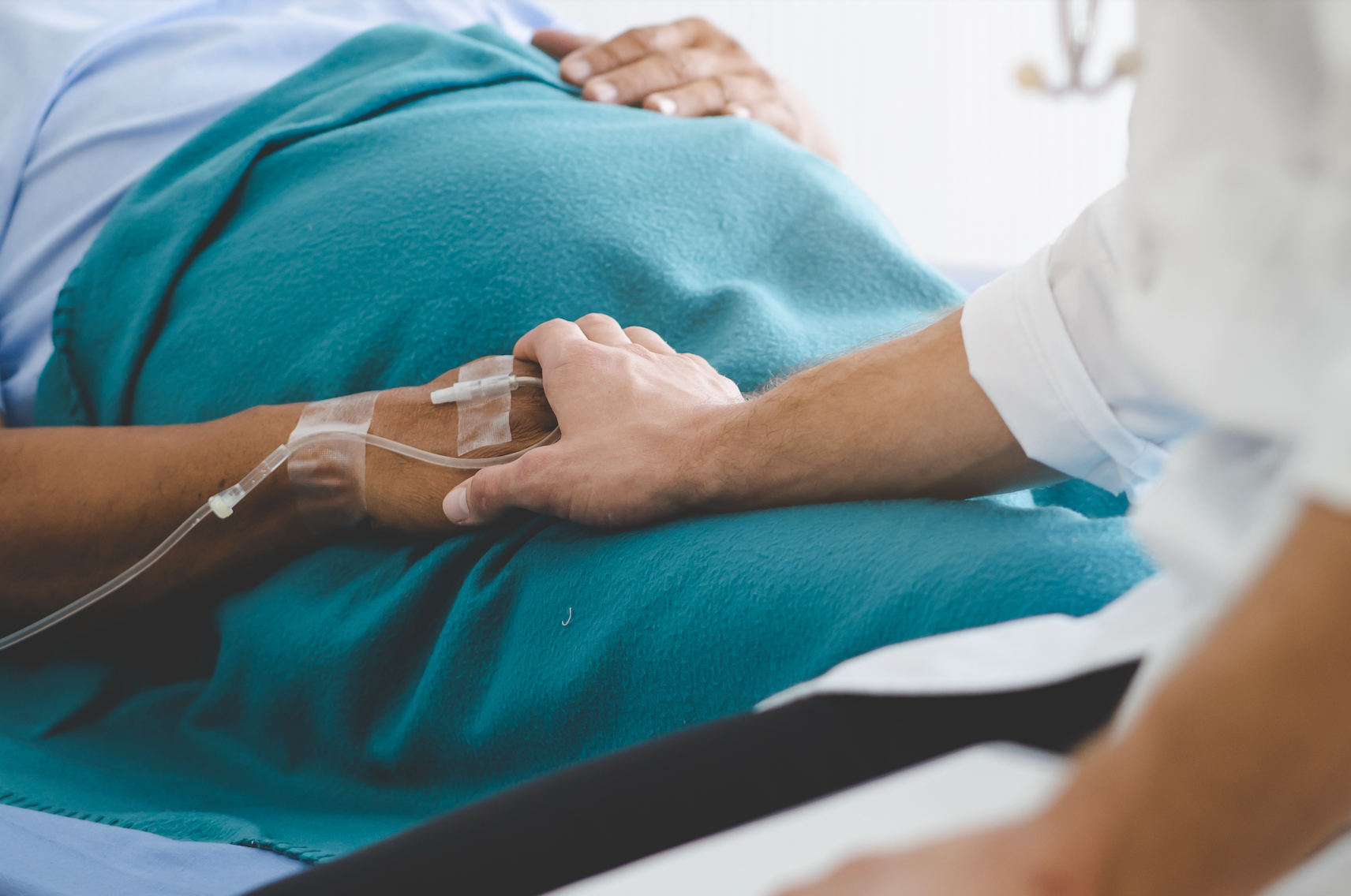Are you or a loved one going through radiotherapy now or soon? If so, you may be wondering, “what are the most common radiation side effects” (and how can you mitigate them)? In this post, we’re going to talk about how to prepare for radiation side effects and answer another common question: how long do radiation side effects last?
Let’s dive in.
What Are The Most Common Radiation Side Effects?
#1: Fatigue
Radiation is not a walk in the park. Your body is under immense stress during a course of radiotherapy – this is why there is generally a rest period between courses. Your body is going to be run down and your immune system is going to tank. All of this extra pressure on your body will manifest in many ways, and the most common one is, you guessed it – fatigue.
How You Can Prepare & Cope:
Ensure that you get plenty of:
- Relaxing time to rest
- Sleep at night and naps
- Water to stay hydrated
- Healthy food to keep your body going
#2: Skin Changes
Coupled with fatigue, skin changes (namely radiation dermatitis, more commonly known as radiation burns) are the most common side effect that radiotherapy patients experience. While not all skin changes are avoidable, some of them can be minimized and mitigated with proper skin care.
Why does this happen? Well, unfortunately, radiation (though great at targeting and killing cancer cells) is also very good at getting other cells caught in its crossfire. Radiation is a very destructive type of particulate matter that passes through our cells and damages only the ones that are rapidly dividing. This works out in your favor if you have cancer, but your skin also divides rapidly, too.
How You Can Prepare & Cope:
The number one best thing you can do to prevent skin changes like radiation dermatitis is to moisturize and supply your skin with the nutrients it needs in the time before and during your radiotherapy. We highly recommend a sensitive-skin-friendly cream like our Skin Recovery Cream for Radiation Relief.
#3: Nausea & Vomiting
Some people who have radiation therapy around the abdomen and chest experience gastrointestinal upset. To follow up with our point above, the digestive system is also lined with rapidly dividing skin-like cells. This means that, during a course of radiation, those cells will also be under attack. Irritation, inflammation, and damage to the cells lining your esophagus, stomach, and intestines can cause many issues, including nausea, vomiting, and diarrhea.
How You Can Prepare & Cope:
Again, there’s no way to avoid this damage – even more so because it will be internal. However, during and after your course of radiation, you can go easy on yourself and your body. Choosing foods and drinks that do not cause further irritation is key. For example, definitely avoid acidic foods and alcohol. Caffeine and chocolate would also be bad choices during this time. Some people may even find that high-fiber foods and dairy cause excessive bloating and discomfort during their radiotherapy.
#4: Loss of Appetite
Whether a direct response to the above side effect or not, loss of appetite is also a very common radiation side effect. Some people don’t feel like eating just because they feel so bad, while others lack the energy to prepare food for themselves in the first place. As we mentioned in section one above, it’s incredibly important for you to get the nutrition you need. So, how do we cope with this?
How You Can Prepare & Cope:
Ask for help.
If you truly don’t have the energy to prepare meals and snacks for yourself, find someone who can help you. Proper nutrition while undergoing radiotherapy is critical. Your body is going through a rough time, and it needs all the help it can get – and so do you, emotionally.
If the issue is that certain foods don’t appeal to you, just eat what you can. This can be a tough time; if you can’t eat a salad every day, that’s fine. Regardless, try to get food into your body in some shape or another.
#5: Tenderness & Soreness
This side effect tends to be an issue mainly for breast cancer patients, but those who are undergoing head and neck radiation may also experience this. Radiation tends to affect joints and epithelial tissue (like skin and organ linings) most, and these types of body tissues are everywhere. You’ll probably be dealing with tenderness and soreness, regardless of where your radiation is being directed.
How You Can Prepare & Cope:
Like with other internal side effects, the best you can do to combat tenderness and soreness is to rest, stay hydrated, and eat well. Your body needs to heal from the inside, so taking care of it is paramount. Ask your doctor what you can take for the aches and pains you might be dealing with.
How Long Do Radiation Side Effects Last?
The short-term side effects, like those listed above, tend to last anywhere from a week to several months after your last dose of radiation. Long-term side effects, which you should discuss with your doctor, will vary based on where you received radiation.
How to Prepare for Radiation Side Effects?
As we’ve mentioned several times, the best way to prepare your body is threefold: rest, hydration, and nutrition. If you are concerned about your skin specifically, using a sensitive-skin cream like our Skin Recovery Cream is a great option.
Above all, take care of yourself, ask for help, and give your body the grace and respect it deserves. After all, it’s doing so much more than you realize to beat this thing!





















Leave a comment